Tessa’s Recipe Rundown
Taste: So starchy and carb-y and GOOOOOD. Texture: Somehow simultaneously light yet sturdy. These will stand up to any burger! Ease: Pretty easy, though this dough is slightly sticky. Appearance: Beautifully golden. Pros: So so so much better than store-bought. Cons: None. I make this again? Mmmhmm, we used up the first batch in a snap so I need to make another batch soon!This post may contain affiliate links. Read our disclosure policy.
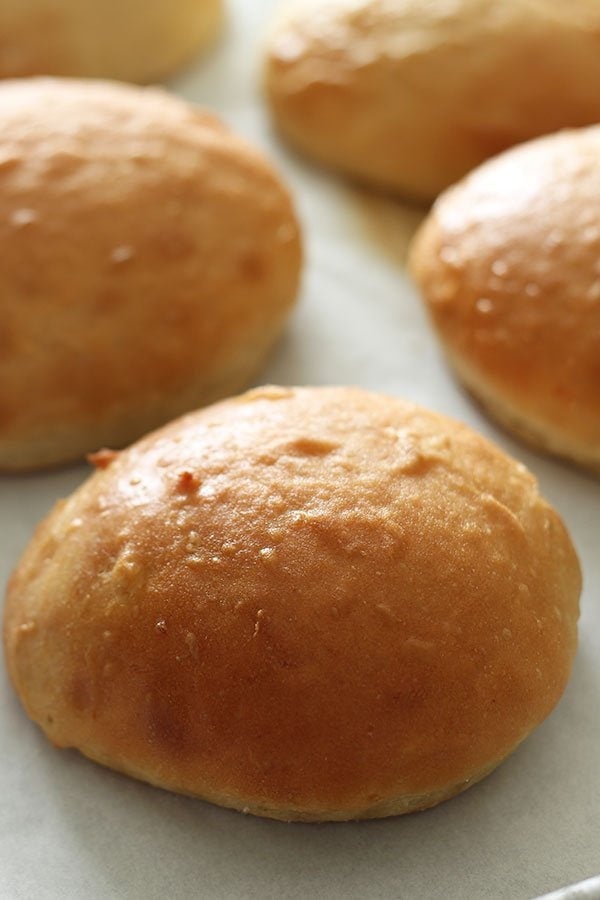
Recently I had a stellar breakfast sandwich. I ate the whole thing and I wasn’t even very hungry. That’s when you know something’s good.
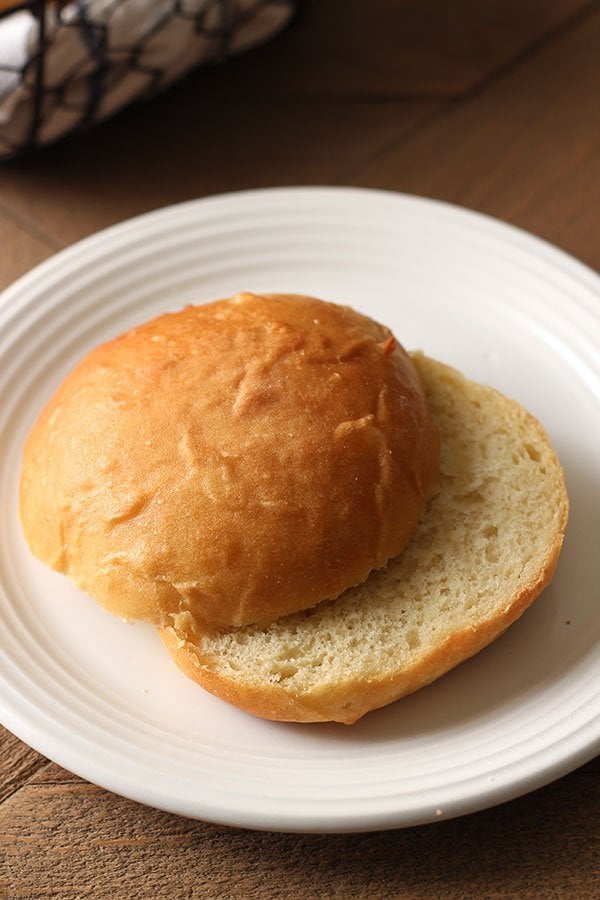
It happened the first morning after Jared had returned from touring the U.K. with his band. We both woke up super early (is jet lag contagious?!) and decided to go out for breakfast. There’s a place here in Phoenix called Matt’s Big Breakfast that has incredibly simple yet delicious food. The strange part is that the bun on their breakfast sandwich LOOKS like it would be crusty, but it’s actually an amazingly soft potato bun.
It fully inspired me to make my own potato buns, something I hadn’t done before. It took a bit of experimenting but I think I’ve got a pretty delightful recipe here that I hope you’ll make soon!
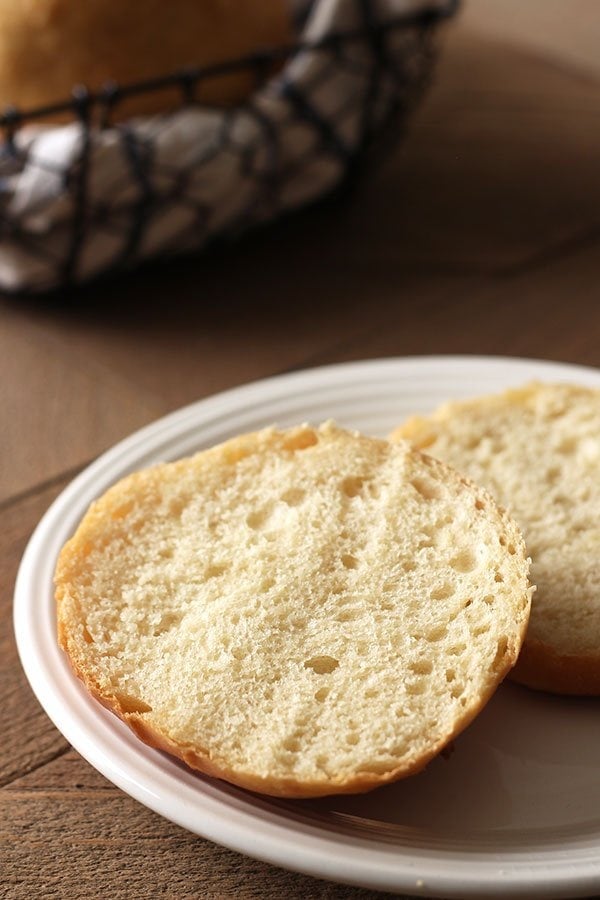
Potato Burger Bun Recipe Tips
Here’s some behind-the-scenes info and tips so you can be sure to make beautiful potato buns. If you’d like to see more about how certain ingredients affect your buns, check out my Ultimate Dinner Roll Guide.
The Flours
This recipe calls for both all-purpose flour and bread flour. The bread flour helps create a nice chewy and well-structured bun that can stand up to the juiciest of burgers. However, if you don’t have bread flour you can get away with using only all-purpose (a total of 3 cups all-purpose flour in that case).
This dough is on the sticky side, which means our rolls will be nice and light. Too much flour can often lead to dense and tough bread, so be weary of adding too much additional flour to combat the stickiness.
The Yeast
I always use instant yeast (also called rapid-rise or quick-rise) because it’s so incredibly easy as it doesn’t require any proofing. You can literally just throw it in with the rest of the ingredients. If you don’t have it, you can always use regular active dry yeast. You’ll need to combine the active dry yeast with the warm water for 5 minutes, or until frothy, before you can add proceed with the recipe.
The Potato
When I was researching this recipe, I found most recipes called for strange potato ingredients, like potato flour or dry potato flakes. I have a difficult time locating either of those at the grocery store, and felt like using a fresh potato would not only be the simplest option (every store sells russet potatoes!) but also the freshest and most natural. So this recipe calls for 1/2 cup of mashed potato. Meaning, you simply cook a plain russet potato (or something similar) in the microwave, oven, or in boiling water, until very tender. Let the potato cool before peeling and mashing very well. Don’t add any milk or cream, or anything else.
The Sugar
This recipe calls for 3 tablespoons of brown sugar, which give the buns a beautiful and complex hint of sweetness. If you don’t like much sweetness in your bread (especially for my non-American readers!), feel free to reduce the sugar to 1 tablespoon.
Egg & Butter
The egg and the melted butter called for in this recipe help to add flavor, richness, and a soft and tender texture. You can also brush the baked rolls with a bit of melted butter for more flavor and sheen, if you’d like.
Make Ahead
You can always let the dough rise for the first time overnight in the fridge. Simply refrigerate the dough after kneading in a container wrapped in plastic. Once you’re ready to proceed with the recipe, remove the dough from the fridge. Punch it down and allow it to rest and warm up to room temperature before shaping into buns, about 1 hour. The final rise may take a bit longer since the dough might still be cool.
Although bread is always best eaten when it’s very fresh, you can also store the fully baked buns. Store buns, well-wrapped, at room temperature for several days or in the freeze for up to 2 months. Defrost to room temperature then reheat in a 300°F oven or toast (these buns are amazing toasted on a griddle with butter).
More Bread Recipes to Try:
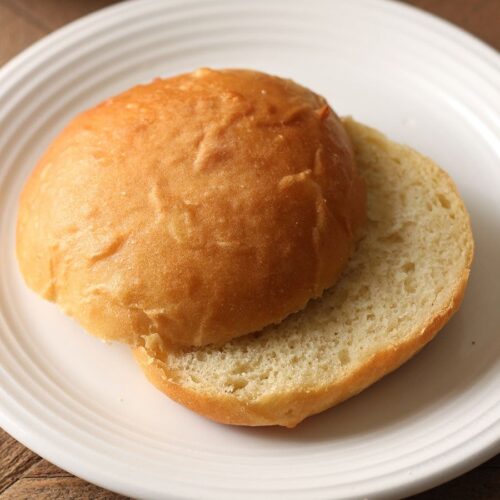
Potato Burger Buns
Ingredients
For the dough:
- 2 cups (255 grams) all-purpose flour
- 1 cup (128 grams) bread flour
- 1/2 cup plain mashed potato
- 1/4 cup (35 grams) nonfat dry milk
- 3 tablespoons light brown sugar
- 1 1/4 teaspoons salt
- 1 large egg
- 2 teaspoons instant yeast
- 4 tablespoons (58 grams) unsalted butter, melted
- 1 cup (227 grams) lukewarm water
For the topping:
- 1 tablespoon unsalted butter, melted
Instructions
- In the bowl of a stand mixer fitted with the dough hook, combine all the ingredients. Stir until combined. Turn the mixer on medium low speed and knead until a soft yet tacky dough forms, about 5 minutes.
- Place the dough in a lightly greased bowl, cover, and let rise in a warm place for 1 hour, or until it’s almost doubled.
- Turn the dough onto a lightly greased surface, gently deflate it, and divide it into 6 equal pieces. Roll each piece into a ball.
- Place the balls on a parchment-lined baking sheet, leaving about 2 to 3 inches between them and flatten gently. Cover and let rise until the buns have doubled in size 45 to 60 minutes minutes. Towards the end of the rising time, preheat the oven to 350°F.
- Bake the buns for 25 to 30 minutes, or until they’re light golden brown. Remove them from the oven, and brush them with melted butter, if desired.
- Transfer the buns to a rack to cool. Store buns, well-wrapped, at room temperature for several days or in the freeze for up to 2 months. Defrost to room temperature then reheat in a 300°F oven or toast.

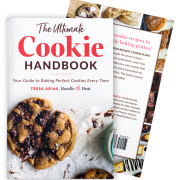
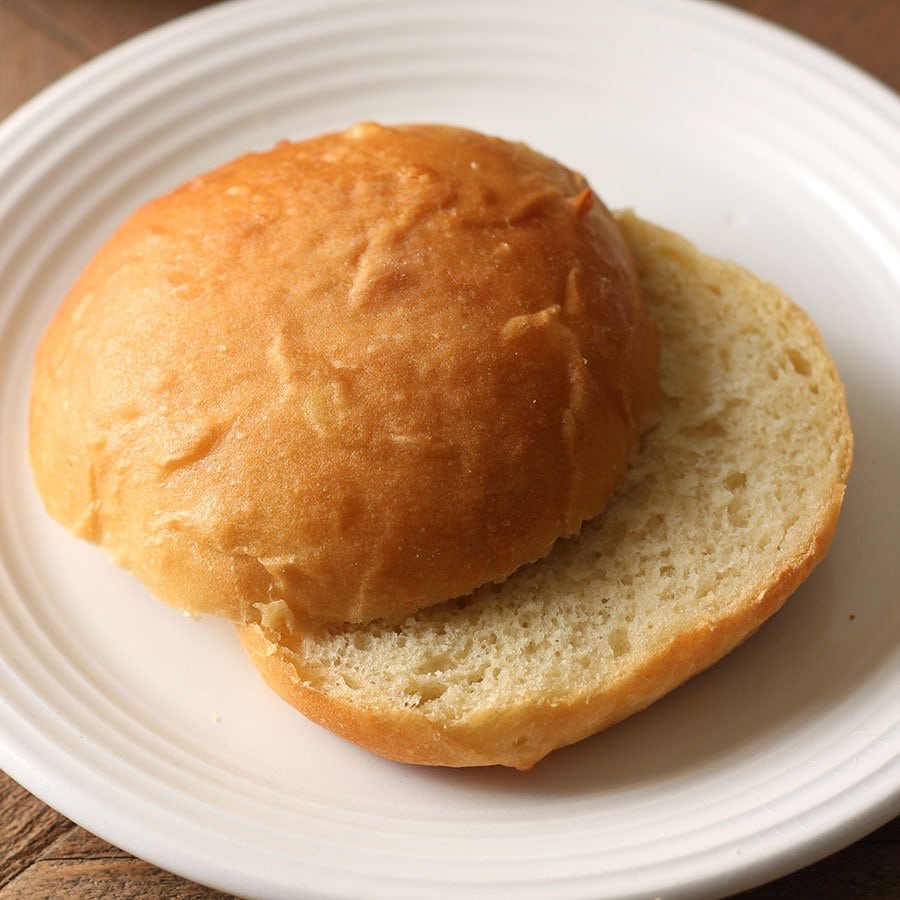
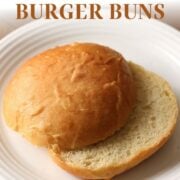
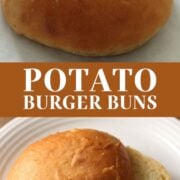
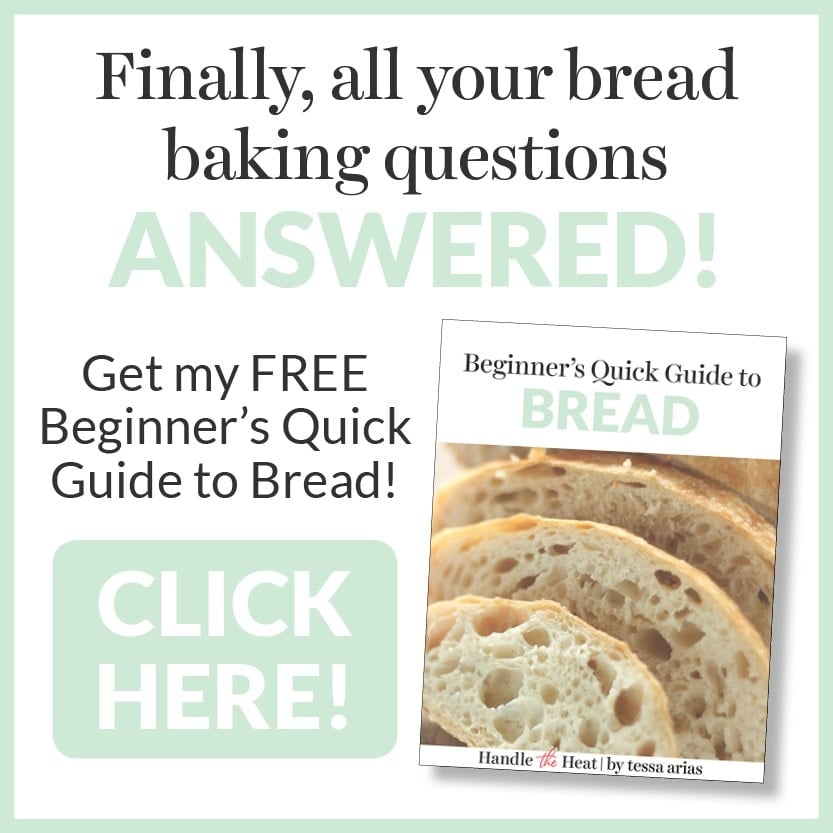
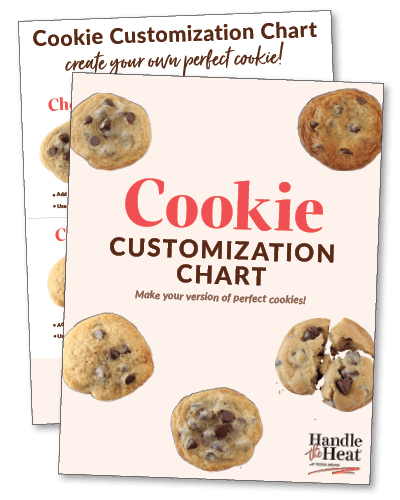
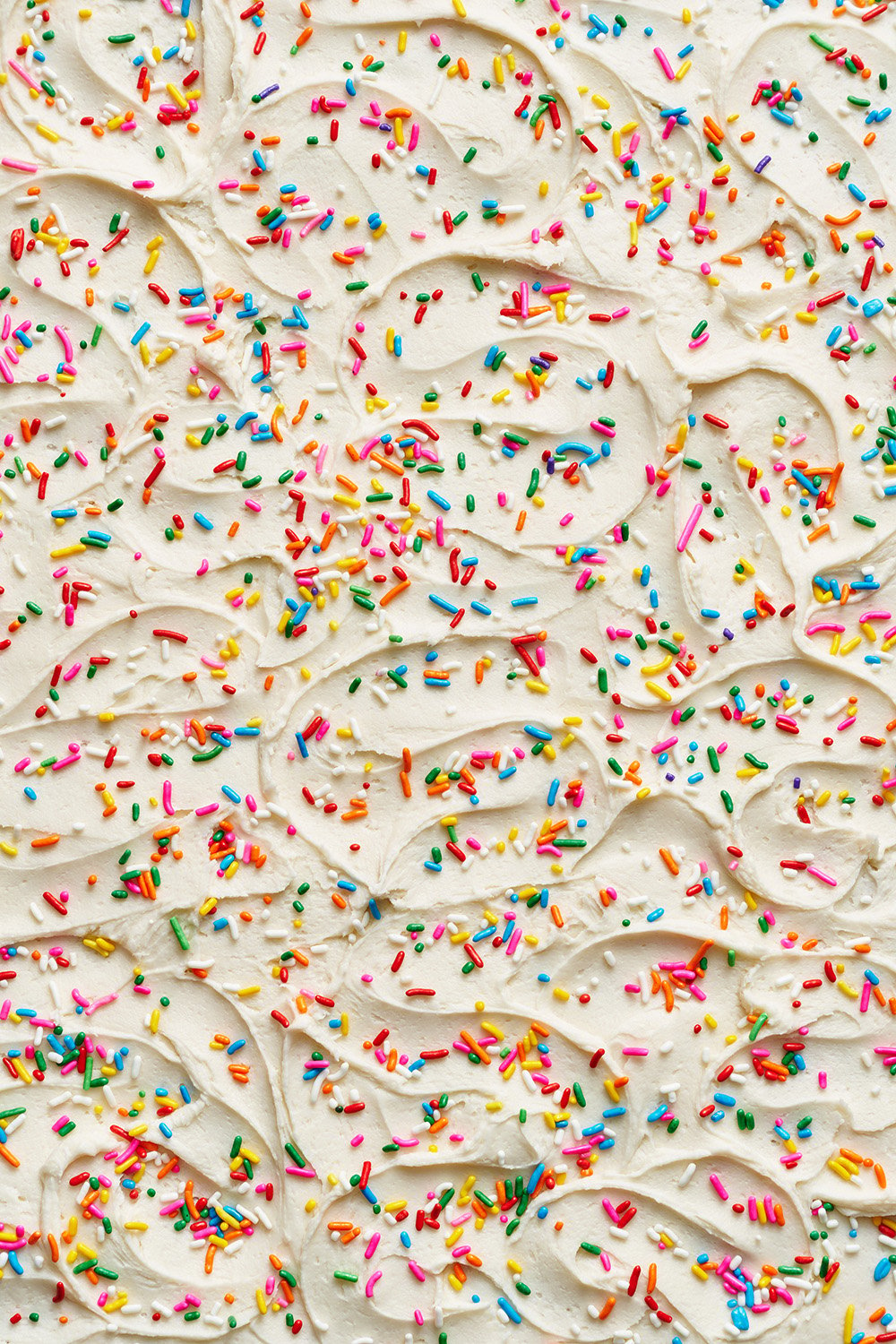
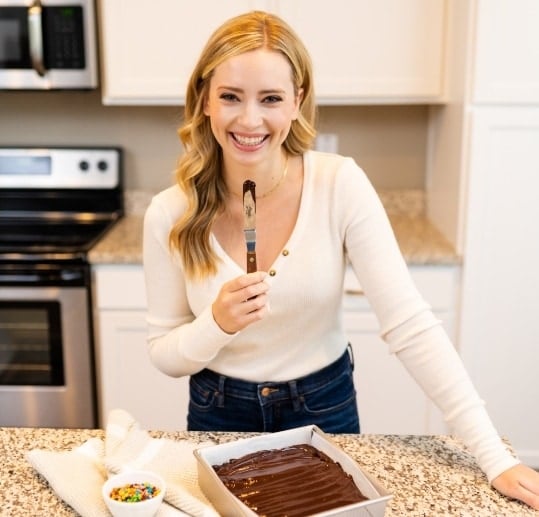

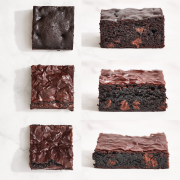
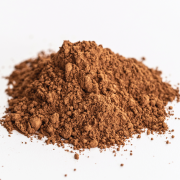
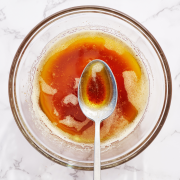
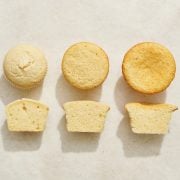
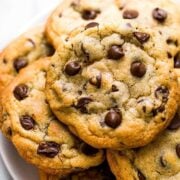
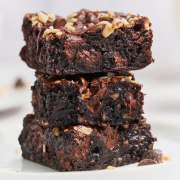
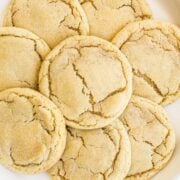
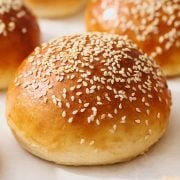








Hi… love these buns, great recipe thanks! I did add an extra couple of tbsp of flour, and then rolled them out in extra flour to shape them and they still turned out beautifully soft and tasty… yum
This recipe rocks! I made a few adjustments:
I made the potatoes from flakes. These are a little soupier than regular potatoes, so I eliminated the melted butter ( a chance). I also let the dough rest 5 minutes in the middle of mixing. I mixed with a stand mixer and kneaded until only a small amount of dough was sticking to the bowl’s bottom. The small amount came out off the bottom of the bowl easily. After turning the dough on the counter, I used a scraper to make numerous turns until the dough was workable. Even without the melted butter, they were the best potato buns I ever had. Soft but strong enough to keep a burger and toppings from getting mushy. Larger buns make great sandwich rolls. Excellent recipe!!!!!!!!
Woohoo! So glad to hear that these potato rolls were so great! 🙂
First attempt,turned out really nice very light and fluffy.Only used 2 tbls sugar probably could of got away with 1
Glad you enjoyed this recipe, Rick!
Hi can I shape this into a loaf and bake as a loaf bread? Would I need to split the dough into two portions or would it all fit into one standard loaf pan? How long would you recommend baking it if I were to take this route.
Many thanks,
L
We haven’t tried that so I’m unable to give a specific how-to, but I don’t see why it wouldn’t work! Please let us know what you find out! Good luck 🙂
These are delicious! Thanks!